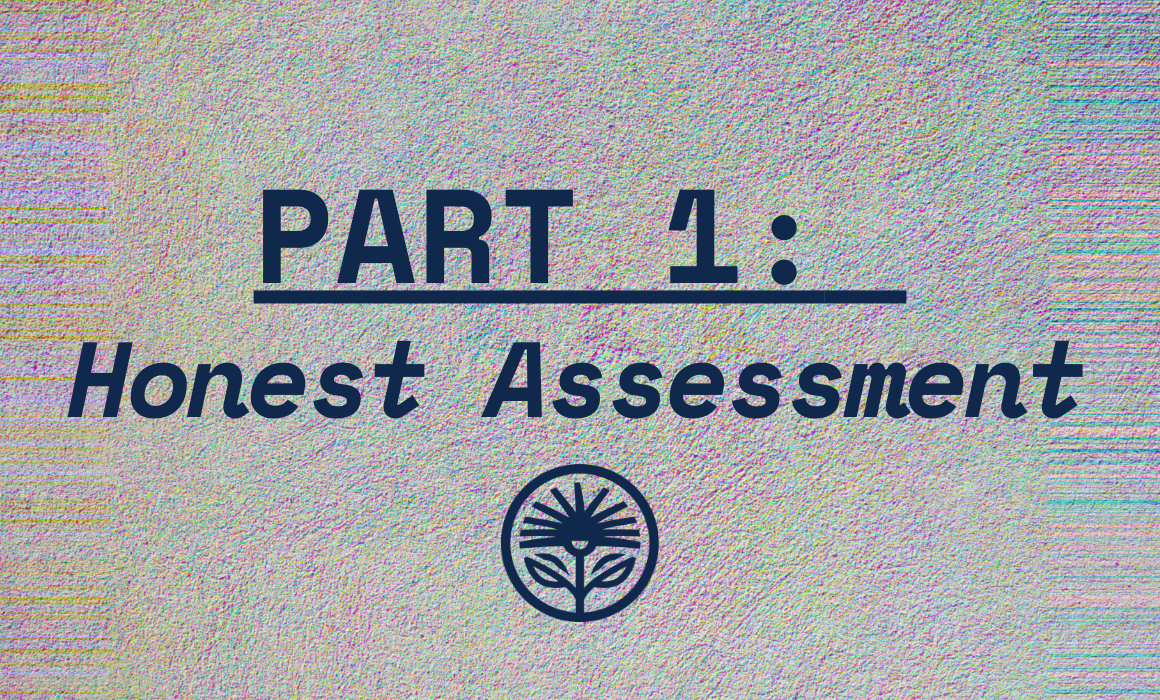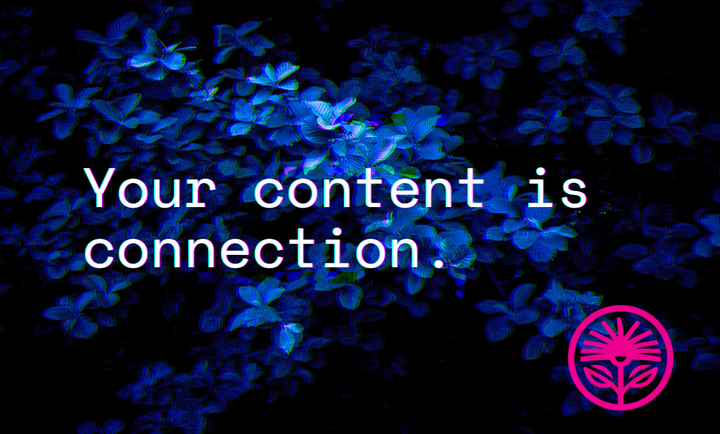Zero Plan Part 1: Honest Assessment
What will go wrong if you get zero results?

This is a continuation of our Crisis Model: Zero Plan from last week.
I was listening to a podcast the other day where one very popular (multi-million-copies sold) author was interviewing another very popular author.
It was delightful to hear them both share stories of going to book signing events where nobody showed up.
Well, that’s not exactly true, in the case of the interviewee, one person did come up to him at the signing, but at the end of the conversation it became extremely clear that they’d mistaken the author for someone else entirely.
And these are two of the world’s most successful authors.
No matter who you are or how successful you clearly are, you will eventually get a zero in your marketing.
So, to start building your Zero Plan, the first step is to identify what would actually go wrong if you got a zero.
The way I see it breaking down is into these categories, though there may be more:
Operational, Existential, Emotional, and Financial.
For each category, answer the below questions:
Operational:
If your marketing activity gets you zero results, how will that affect your operations? Will staff be affected? Will you run out of key resources to maintain momentum? Do you have partners or commitments you’ll be held to?
In short, if you get a zero result, what’s going to slow down in your operation that you’ll need to plan around, mitigate, or avoid?
Existential:
If you get zero, what in your business will be existentially affected—that is, its very existence will be threatened? Will your business potentially have to end? Will you have to wind down this product line? Will you have to close down a department or location?
In short, if you get a zero, what’s going to just stop?
Emotional:
This one’s pretty easy to understand, I think, but harder to plan for because people tend to push it off or out of their mind. But think: how bad is this going to hurt if you get a zero? Who will you feel has let you down? Who will you feel that you’ve let down? Are you prepared to hear, “I told you so,” or “It’s time for a change?”
In short, if you get a zero, are you going to feel like one?
Financial:
And finally, another tough one to stomach: If you get a zero, how bad are you going to have to scramble to make ends meet? You’ll probably get through it, but whose help will you need, and are you prepared to ask? What will you have to give up or change?
In short, if you get a zero, how will you make up the difference?
I get it, this is a colossal bummer to think about.
But take it from me, it’s worse to not think about it and then have to deal with it later when it happens.
So, how do you document this? To start, you just write down the answers to the questions above. What could happen, and how would you have to respond?
It’s not meant to scare you, it’s meant to prepare you.
Because we’ll all eventually get a zero—the idea is to keep going after that by having already prepared for it.
In the next post, we’ll tackle the next part of the Zero Plan: Hedging your bet.
The Series:
Crisis Model: Zero Plan
Part 1: Honest Assessment
Part 2: Hedging Your Bet
Part 3: Mitigation Strategies
Part 4: The Final Framework



